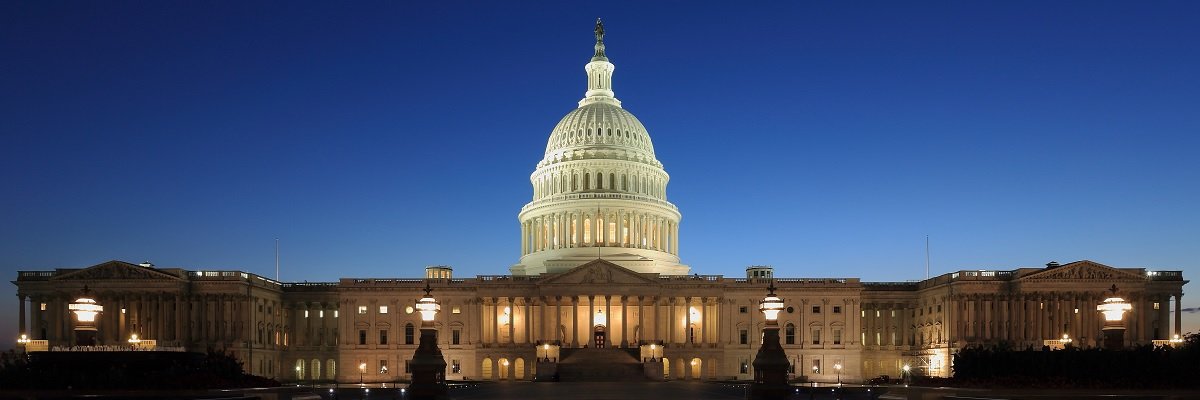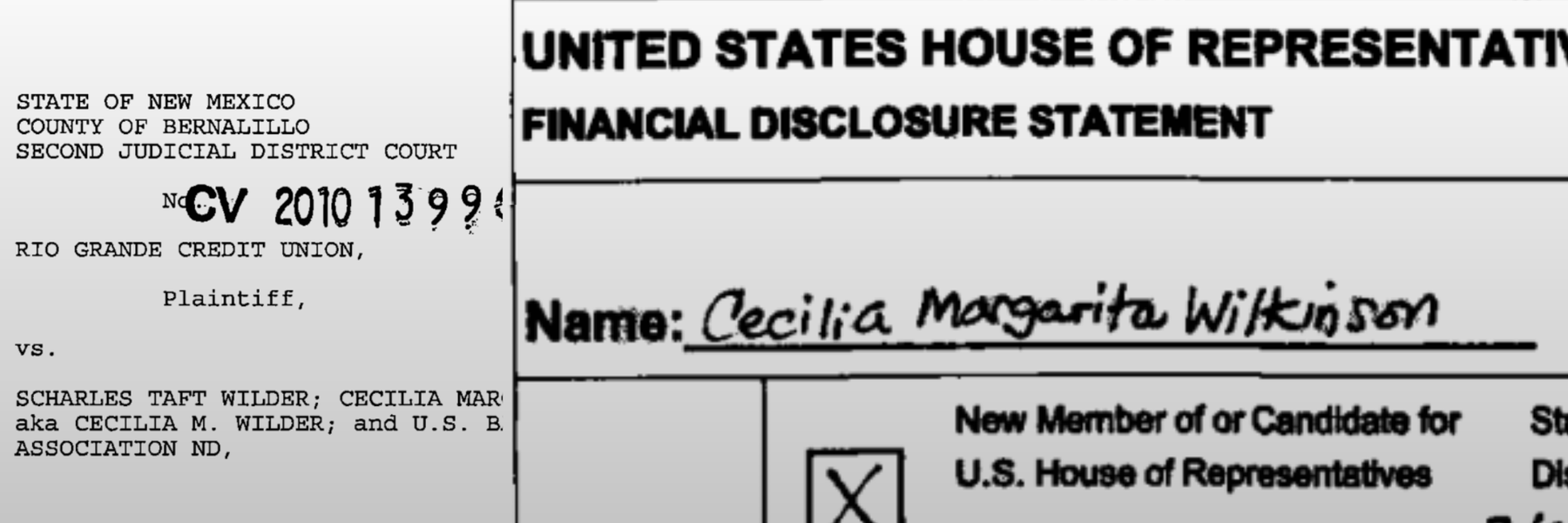After the arrest and conviction of a woman for laughing during Attorney General Jeff Sessions confirmation hearing, one might be curious to see the incident report filed by the police. Unfortunately, the arresting agency, the United States Capitol Police, is a “legislative branch entity,” and therefore not subject to FOIA.

That’s right, as an agency of Congress, the USCP are a government organization that the government has decided we don’t need to have the same access to that we have to other agencies.
According to the USCP’s history of itself, the department didn’t have its own chief until 1979 - previously, the department was overseen by high ranking officers from the Washington D.C. Metro Police, a department that is subject to FOIA. The department more than doubled in size from 800 officer to over 1,700 after Sept. 11, 2001.

A few years later, the Legislative Branch Appropriations Act of 2005 gave the USCP the power to determine what it will and will not release to the public:
(Sec. 1006) Authorizes the release of security information in the possession of the Capitol Police to other entities only if the Capitol Police Board has determined that such release will not compromise the security and safety of the Capitol building and grounds or any individuals whose protection and safety is under Capitol Police jurisdiction.
In addition to shielding the Capitol Police from meddling citizens, the law also exempted them from sharing information with other federal law enforcement agencies, which are subject to FOIA - all at a time when information sharing among law enforcement was being expanded. The only entity that can compel the department to release information is Congress itself.
Which means no public access to information not just for USCP’s arrests, but for their expenditures - they once spent $1.6 million on “command van” that was so overloaded with equipment its chassis broke - or matters of internal discipline - in 2015 an officer assigned to John Boehner left his service pistol in Boehner’s bathroom, where it was found by a boy visiting the Capitol.
Accountability ends at the Capitol steps, apparently.
Read USCP’s most recent rejection letter is embedded below, or on the request page.
Image via Wikimedia Commons and is licensed under CC BY-SA 3.0




